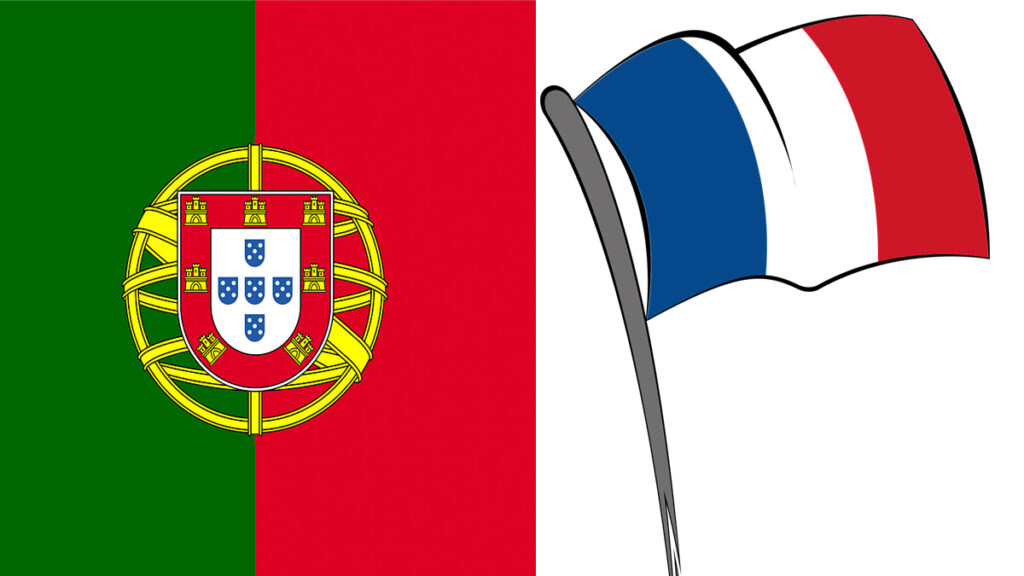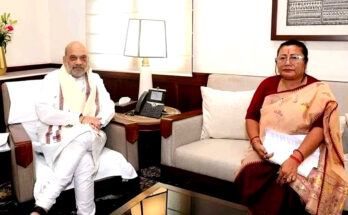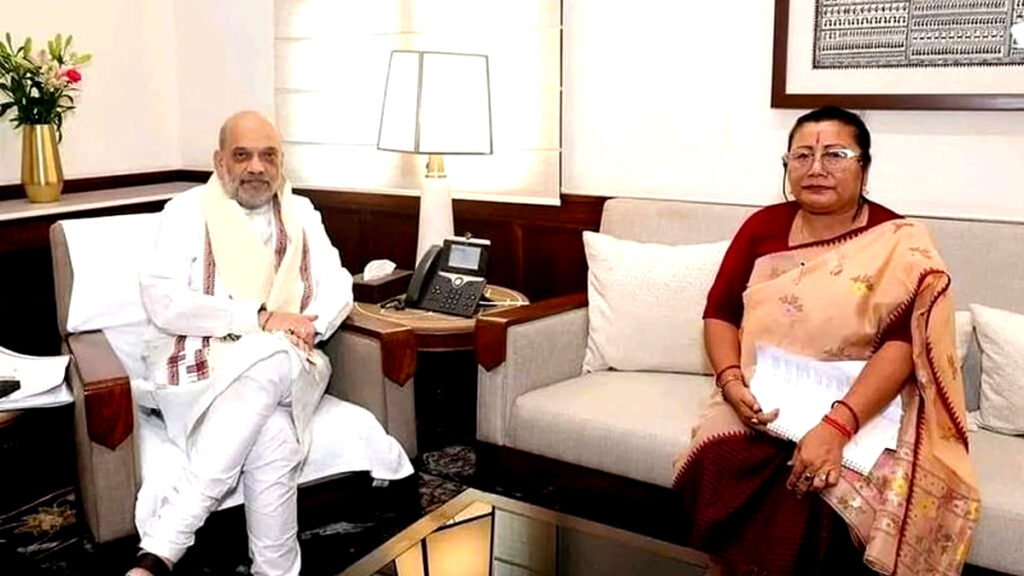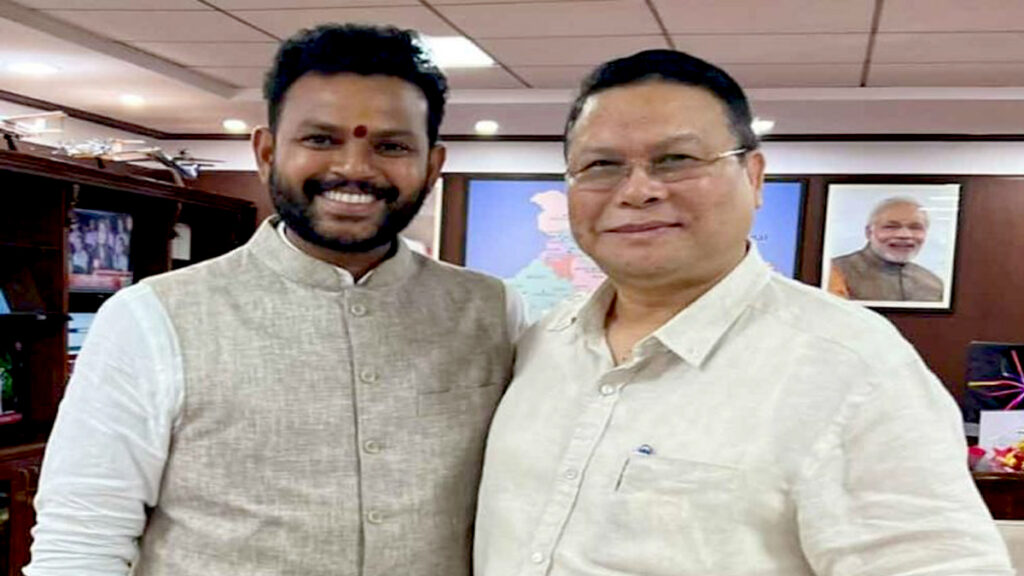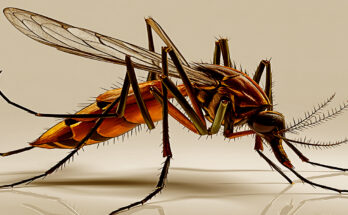
The Rise of Zika Virus in Pune: A Health Concern Amidst Dengue Fever
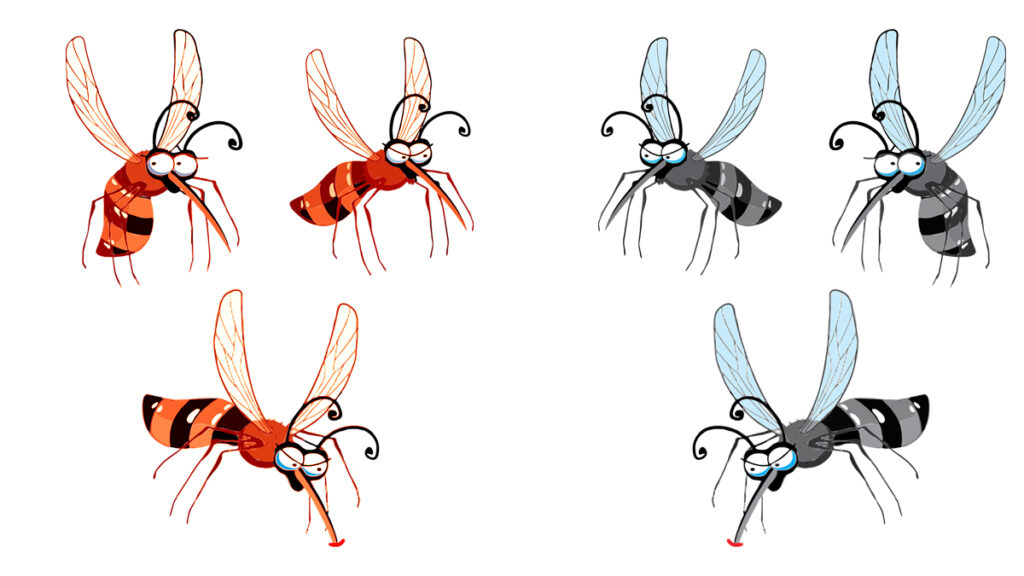
In 2024, Pune, one of India’s bustling cities, has been grappling with the dual challenge of the Zika virus and Dengue fever. Both diseases, caused by mosquito-borne viruses, pose significant public health threats, demanding urgent attention and action. This article delves into the situation in Pune, highlighting the impact of the Zika virus and Dengue fever on the city and exploring measures to mitigate their spread.
Understanding the Zika Virus
The Zika virus, first identified in Uganda in 1947, has periodically caused outbreaks around the world. It is primarily transmitted through the bite of an infected Aedes mosquito, the same vector responsible for Dengue fever. Symptoms of the Zika virus infection include fever, rash, conjunctivitis, muscle and joint pain, malaise, and headache. While these symptoms are usually mild and last for 2-7 days, the Zika virus is particularly concerning for pregnant women due to its association with microcephaly and other congenital anomalies in newborns.
In 2024, Pune has seen a rise in Zika virus cases, prompting health authorities to take swift action. The Zika virus outbreak in Pune highlights the need for enhanced surveillance, public awareness, and preventive measures to control the spread of this virus.
The Dual Threat: Zika Virus and Dengue Fever
While Pune is battling the Zika virus, it is also dealing with an increase in Dengue fever cases. Dengue fever, caused by the Dengue virus, is another mosquito-borne disease transmitted by Aedes mosquitoes. The symptoms of Dengue fever include high fever, severe headache, pain behind the eyes, joint and muscle pain, rash, and mild bleeding. In severe cases, Dengue can lead to Dengue Haemorrhagic Fever (DHF) or Dengue Shock Syndrome (DSS), both of which can be fatal.
The simultaneous presence of the Zika virus and Dengue fever in Pune complicates the public health response. Both diseases have similar symptoms and are spread by the same mosquito species, making it challenging to distinguish between them without specific diagnostic tests.
The Impact on Pune
The rise of the Zika virus and Dengue fever in Pune has had significant impacts on the city’s healthcare system and its residents. Hospitals and clinics are under pressure to manage the influx of patients presenting with symptoms of these diseases. The demand for diagnostic tests, medical supplies, and healthcare personnel has surged.
Furthermore, the presence of these viruses has raised concerns among the public, particularly pregnant women who are at greater risk of complications from the Zika virus. Public anxiety is compounded by the fact that there is no specific treatment or vaccine for either the Zika virus or Dengue fever, underscoring the importance of prevention.
Preventive Measures and Public Awareness
In response to the dual threat of the Zika virus and Dengue fever, Pune’s health authorities have implemented several preventive measures. These include:
- Mosquito Control Programs: Efforts to reduce mosquito populations through regular fogging, elimination of standing water, and larvicidal treatments are crucial in controlling the spread of these viruses.
- Public Awareness Campaigns: Educating the public about preventive measures, such as using mosquito repellents, wearing long-sleeved clothing, and ensuring proper sanitation, is vital in reducing mosquito bites.
- Community Participation: Encouraging community involvement in cleaning up breeding sites and reporting mosquito infestations can significantly enhance the effectiveness of control measures.
- Enhanced Surveillance: Strengthening disease surveillance systems to quickly identify and respond to outbreaks is essential in managing the spread of the Zika virus and Dengue fever.
The Role of Technology and Innovation
Technology and innovation play a pivotal role in the fight against the Zika virus and Dengue fever. In 2024, several advancements are being leveraged to combat these diseases:
- Mobile Health Applications: Mobile apps that track mosquito populations, report symptoms, and provide information on preventive measures help in raising awareness and facilitating timely medical intervention.
- Drones for Surveillance: Drones are being used to identify and monitor mosquito breeding sites in hard-to-reach areas, enabling targeted control measures.
- Genetic Modification: Research into genetically modified mosquitoes that are resistant to the Zika virus and Dengue fever is ongoing. These mosquitoes can potentially reduce the population of disease-carrying mosquitoes.
- Artificial Intelligence: AI algorithms are being used to predict outbreaks based on weather patterns, mosquito population data, and other factors, allowing for proactive measures to be taken.
Global and Local Cooperation
The fight against the Zika virus and Dengue fever in Pune requires both global and local cooperation. International organisations, such as the World Health Organization (WHO), provide guidelines and support for managing outbreaks. Local governments, healthcare providers, and communities must work together to implement effective prevention and control strategies.
In Pune, collaboration between the public health department, municipal authorities, and non-governmental organisations is crucial in addressing the dual threat of the Zika virus and Dengue fever. Sharing information, resources, and best practices can enhance the effectiveness of response efforts.
Conclusion
The rise of the Zika virus and Dengue fever in Pune in 2024 presents a significant public health challenge. As the city grapples with these mosquito-borne diseases, it is essential to prioritise preventive measures, enhance public awareness, and leverage technology and innovation. By working together, Pune can effectively manage and mitigate the impact of the Zika virus and Dengue fever, safeguarding the health and well-being of its residents.
The Rise of Zika Virus in Pune: A Health Concern Amidst Dengue Fever Read More

